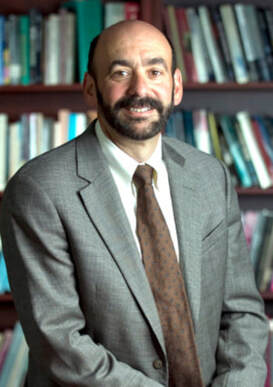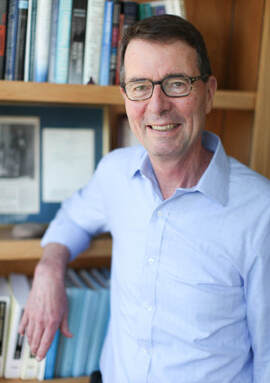One of Arum’s current research projects is a national pilot study gathering data on undergraduate experiences to increase understanding of what makes a college education so valuable. Another branch of his research explores the relationships between neighborhood disadvantage, digital media and educational outcomes.
Duncan’s scholarship focuses on the economics of education, program evaluation, and child development. He is currently pursuing an experimental study of the impact of monthly, unconditional cash gifts to low-income mothers and their children in the first three years of the child’s life. The study is designed to identify whether reducing poverty can affect early childhood development and the family processes that support children’s development. Hess, the American Enterprise Institute director of education and Education Week blogger, and a committee of 29 scholars use nine metrics to calculate how much university-based academics contribute to public discussions of education. The metrics include Google Scholar score, book points, highest Amazon ranking, syllabus points, education press mentions, web mentions, newspaper mentions, Congressional Record mentions, and Twitter score. The annual RHSU Edu-Scholar Public Influence Rankings, which were first published in December 2010, are intended to recognize and encourage “disciplinary scholarship, policy analysis and popular writing, convening and shepherding of collaborations, incisive media commentary, and speaking in the public square.” Comments are closed.
|
Resources for:
|
|



